Springtime Parasite Prevention for Pets & Livestock: What Every Owner Needs to Know
As the snow melts and temperatures rise, so do the risks for parasites. Spring marks the beginning of peak season for fleas, ticks, intestinal worms, and other parasites that can affect both pets and livestock. Whether you have a dog curled up on the porch, horses in the pasture, or a herd of cattle to manage, it’s time to focus on prevention.
At Lewiston Veterinary Clinic, we’re here to help you keep your animals healthy and protected this spring—and year-round. Let’s walk through what you need to know.
Why Do Parasites Surge in the Spring?
Parasite populations thrive in warmer, wetter environments. As spring arrives, the ground warms up, moisture levels increase, and the lifecycle of many parasites accelerates. This includes:
- Fleas and ticks becoming more active outdoors
- Mosquitoes returning and bringing heartworm risk
- Worm larvae in pastures increasing, particularly for grazing livestock
The risk? Without early action, animals can quickly become infected—and those infections can cause serious health problems or reduce productivity in livestock.
Pets: Common Spring Parasites & How to Prevent Them
What Parasites Are Most Common in Spring for Dogs and Cats?
- Fleas: Cause itching, skin infections, and transmit tapeworms
- Ticks: Transmit Lyme disease, anaplasmosis, ehrlichiosis, and more
- Heartworms: Spread by mosquitoes, these can lead to life-threatening heart and lung disease
- Intestinal Worms: Roundworms, hookworms, and whipworms are common, especially in outdoor pets
(Learn more from AVMA)
Did you know? Flea allergy dermatitis is one of the most common skin conditions in pets, and just a few bites can cause intense itching.
How Do Pets Become Infected?
- Fleas and ticks picked up during walks or outdoor play
- Contact with contaminated soil, feces, or infected animals
- Fleas ingested while grooming (tapeworms)
What Are the Signs of a Parasite Problem in Pets?
- Scratching, hair loss, skin irritation
- Diarrhea or vomiting
- Lethargy, coughing, or weight loss
- Visible worms in stool or around the anus
- Scooting or bloated abdomen
Prevention Tips for Dogs and Cats
- Use monthly parasite preventives — available in oral, topical, or collar forms
- Schedule annual fecal exams and heartworm tests
- Inspect pets after outdoor activities, especially in wooded or grassy areas
Read more on tick prevention from the CDC.
For a deeper dive into prevention benefits, read The Importance of Year-Round Parasite Prevention for Pets – AAHA
Track Heartworm Risk in Your Area
Check your region’s parasite activity using the CAPC Heartworm Prevalence Map.
For heartworm basics, visit the American Heartworm Society
Learn more about our wellness care services for year-round parasite protection.
Livestock: Managing Internal and External Parasites
What Parasites Should Livestock Owners Watch For?
Cattle:
- Ostertagia (brown stomach worm)
- Cooperia, coccidia, lice, flies
Sheep & Goats:
- Haemonchus contortus (barber pole worm)
- Strongyles, coccidia
Horses:
- Small and large strongyles
- Tapeworms
- Bots
“Parasitic worms, especially Haemonchus, can cause anemia, weight loss, and even death in small ruminants if not controlled.”
Oklahoma State University Extension
How Do Livestock Pick Up Parasites in Spring?
- Grazing on pastures contaminated by parasite eggs or larvae
- Warm, wet conditions that promote larval development
- High stocking densities and poor pasture rotation
Symptoms of Parasite Infections in Livestock
- Weight loss, poor appetite, diarrhea
- Bottle jaw (fluid buildup under the jaw)
- Anemia (pale mucous membranes)
- Dull coat, poor growth
How to Prevent Parasites in Livestock
- Fecal egg count (FEC) testing to guide targeted deworming
(How-to Guide from Wisconsin Extension) - Strategic deworming to slow drug resistance
- Rotational grazing to reduce pasture contamination
(Pasture Management Tips) - Fly and lice control through pour-ons, sprays, or insect growth regulators
- Regular veterinary evaluation to adjust deworming protocols
Learn more about our bovine and equine care services to support parasite management year-round.
Springtime Parasite Prevention Checklist
Dogs and Cats
- Use flea, tick, and heartworm preventives
- Schedule a spring check-up with fecal exam and heartworm testing
- Clean up pet waste promptly
- Check for ticks after walks or hikes
Livestock
- Perform fecal egg counts before deworming
- Rotate pastures regularly
- Monitor animals for signs of anemia or weight loss
- Implement external parasite control as needed
- Maintain clean, dry living conditions
When to Call the Vet
If you notice:
- Sudden weight loss
- Persistent diarrhea or coughing
- Pale gums or swelling under the jaw
- Live parasites or abnormal stool
Don’t wait — early diagnosis means faster recovery and reduced risk to the rest of your herd or household.
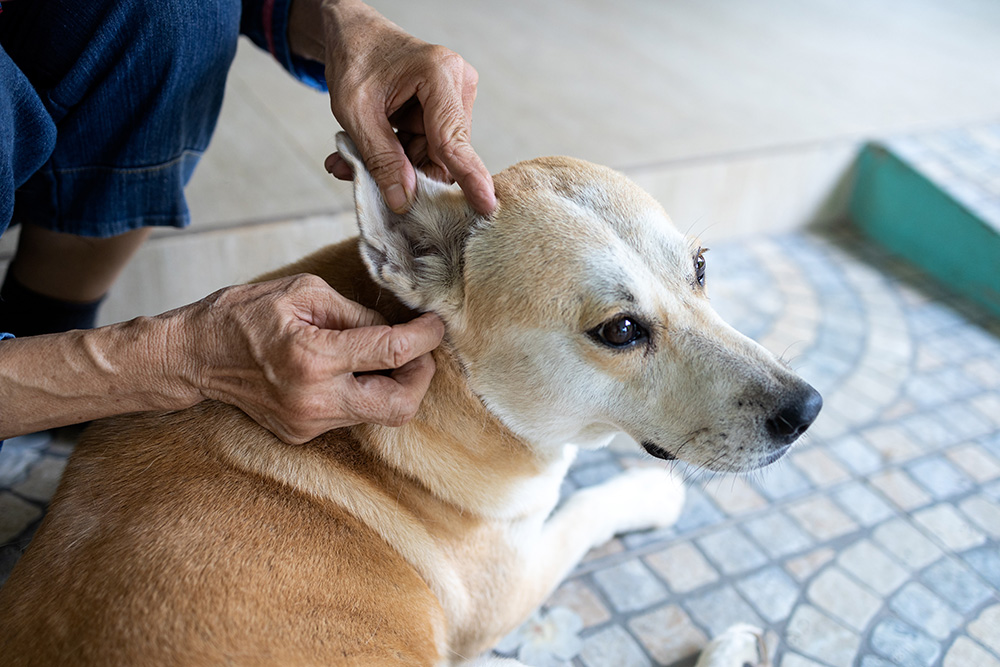
We’re Here to Help: Customized Care at Lewiston Veterinary Clinic
Spring is a perfect time to get ahead of parasite problems. At Lewiston Veterinary Clinic, we offer comprehensive care for pets, livestock, equine, and even exotic species, with services tailored to the needs of each species and farm.
From wellness exams and fecal testing to surgical treatment of complications and ongoing herd health planning, we’re your partner in parasite prevention.
Let’s work together to protect your animals this season.
Visit our contact page to schedule your appointment today.
Parasites might be tiny, but the problems they cause are anything but. With the right strategy, you can prevent infestations before they start — and ensure a healthy, productive season for every animal in your care.
Have questions? Ready to build your prevention plan?
Call Lewiston Veterinary Clinic today — we’re here to help you spring forward, parasite-free.



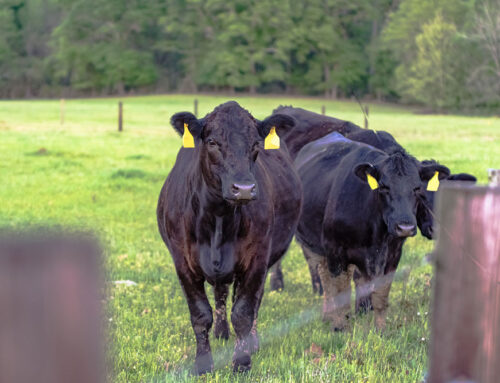
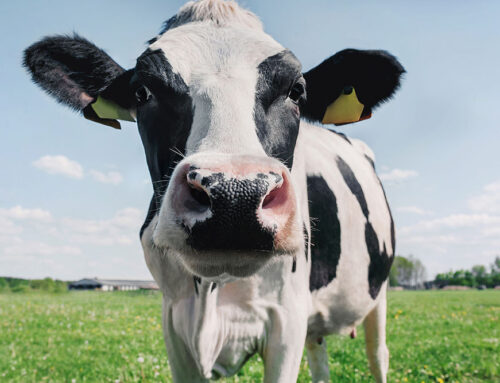
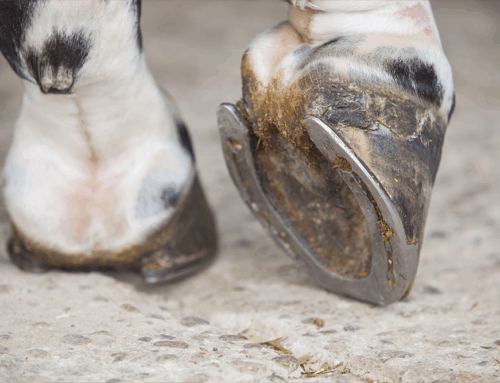


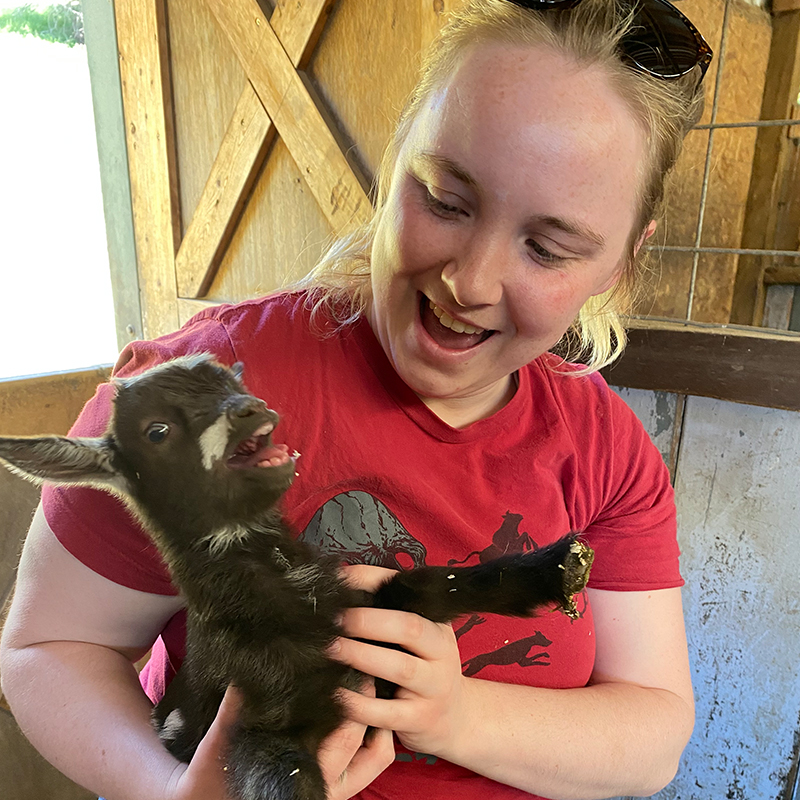



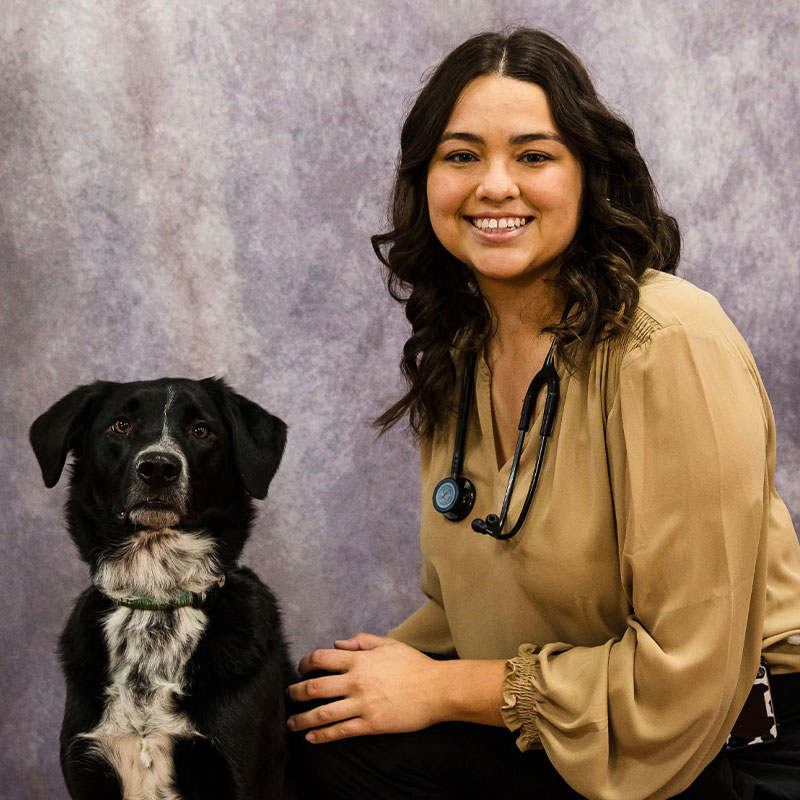

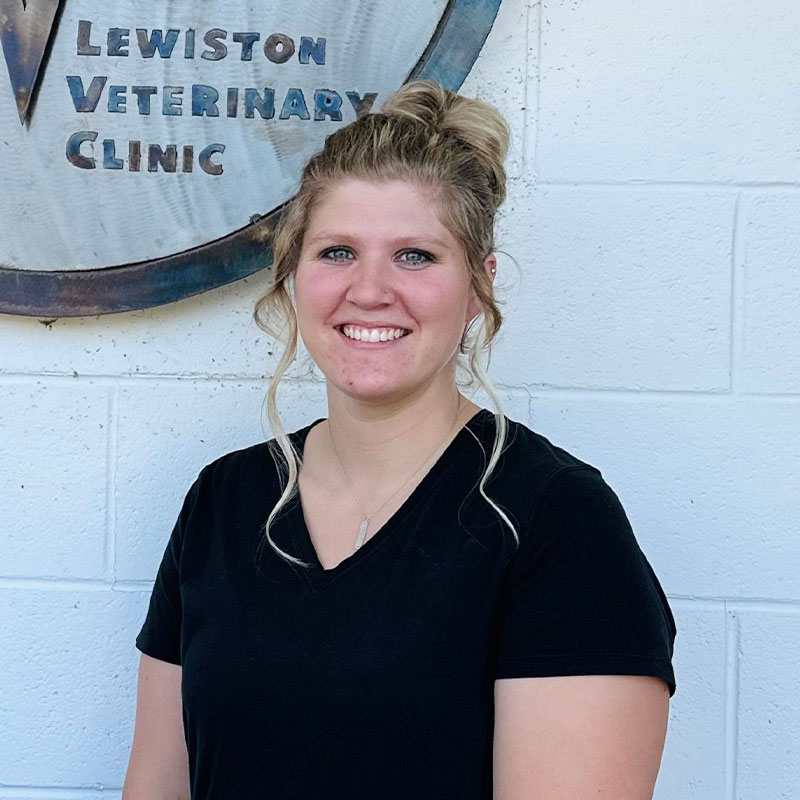






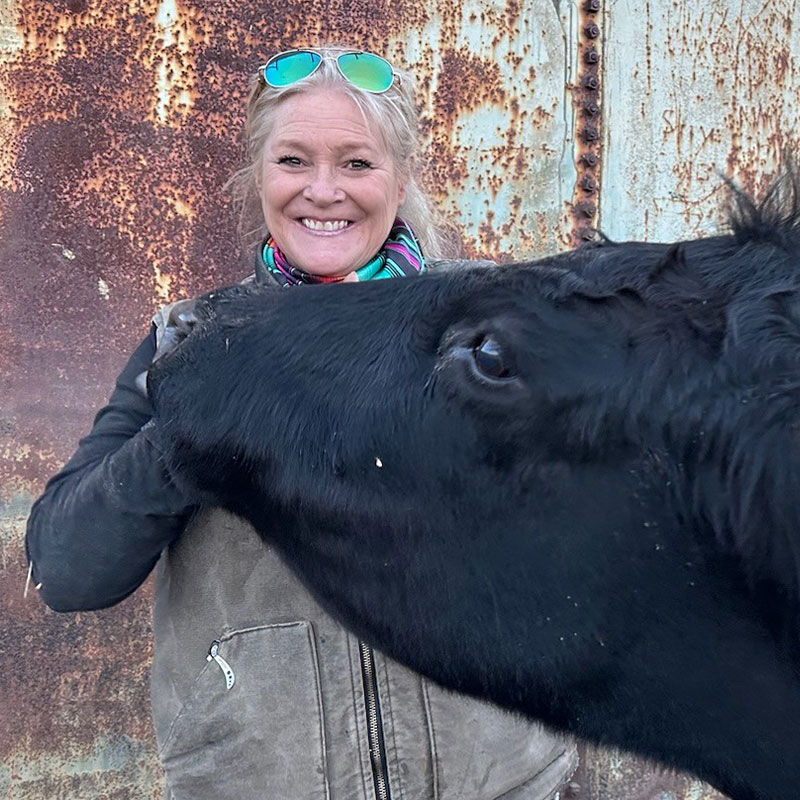






Leave A Comment